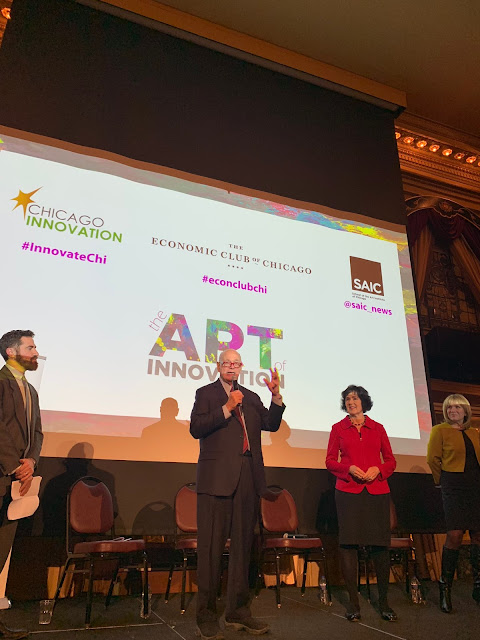Are You
Making the Right Enemies?
Negotiating
with venture capitalists can test your patience if not your pocketbook. But
keeping your emotions in check is important, particularly in a world where
everyone knows everyone.
Executive director, Ed Kaplan Family Institute for Innovation
and Tech Entrepreneurship, Illinois Institute of Technology
It's
always risky to ask entrepreneurs what they honestly think about venture
capitalists. Entrepreneurs have a tendency to view VCs the way most dogs regard
a fire hydrant. It's easy to find fault with these guys, but not always fair.
Our opinions are colored by our own experiences-- positive and
negative-- and so, as an outsider looking in, you have to take every
player's comments with a few grains of salt. Typically, things are never as good or bad as described and, if anything,
prudence and reticence generally rule. As Thumper used to say, "if you
can't say something nice, don't say nothin' at all."
The
main reason to generally keep your mouth shut is pretty obvious. Since you
never know when or where the next deal or critical financing may come from, no
one wants to inadvertently burn any bridges or aggravate potential future
investors. If you decide to blow someone off, just be sure to have a
really good reason. You should earn your enemies, not make
them carelessly or gratuitously; because, while friends come and go, enemies
accumulate. And the venture world is really a pretty small pond where everyone
talks to each other all the time.
I
realize that we take some things very personally and that take-backs and other
disappointments sting a lot more than other "business as usual" busts
might. It's not essential to forget and forgive these things, but you do need
to get through them and get on to the new. Usually this isn't a huge
problem because every good entrepreneur is already looking down the road at
what's next and no one suffers more from selective memory than entrepreneurs.
Of course, that can be every bit as much a blessing as a curse. You can't water
yesterday's crops, but you also want to be sure that you're not being naïve,
too trusting, or winding up making the same mistakes over and over again.
When a
VC reneges and changes the long-agreed-upon terms of a deal, they do it
knowingly and with a smile. When an entrepreneur says that something isn't the
way he or she remembers it, as often as not, that's the absolute truth. It's
not a case of chicanery; it's more often a matter of memory and attention (or
really lack of attention to the details) than it is of accuracy or honesty.
You
would be utterly astonished to learn how little the CEOs in some of the biggest
financings around know about the actual nitty-gritty details of the deal
itself. Isn't that what the lawyers and bankers are for? Even the smartest
entrepreneurs tend to forget that these are usually one-off and infrequent
deals for them, but the VCs do them every week and it's their bread and butter
to make sure that every dotted "i" and crossed "t" leans in
their direction. It's not their fault; it's their nature. Just like the
scorpion told the turtle.
VC
relationships are complicated at best and, for a variety of reasons, the emotions can run very high from Day
One. And the conduct, tone and intensity of the due diligence and
investment negotiating processes have a lot to do with where the parties end up
mentally as well. Entrepreneurs are proud and prickly people and the truth is
that in fundraising-- especially for new businesses-- you've got
to kiss a lot of frogs before you find
your prince. In the end, if there are remaining issues or hard feelings,
it's usually more about the process than the money.
And,
it's not like all the issues and instances of bad behavior are on the VC's side
either. Entrepreneurs can be foolish and insistent pigs on valuation and try to
drive too hard a bargain on other parts of the deal without appreciating
that this is a bad long-term bet for their businesses. Early and growth stage
investments are a lot more like marriages than financial transactions and how
things begin has a whole lot to do with where they're likely to end up. In most
cases, you're going to be living with these folks much longer than you ever
imagined and you're also more than likely to need to go back to that very same well
down the road.
A good
CEO knows that he needs to get what the business requires in the deal, but not
so much more that everyone ends up disappointed or disgusted. No one wants to
be a 90-day wonder where a few months down
the line, everyone is sitting around wondering how the deal ever got
done.
The
dream state is that each side gives up something near and dear to them in the
end and everyone's just a little bit unhappy about what they left on the table.
That's how things get done in the real world.


















































